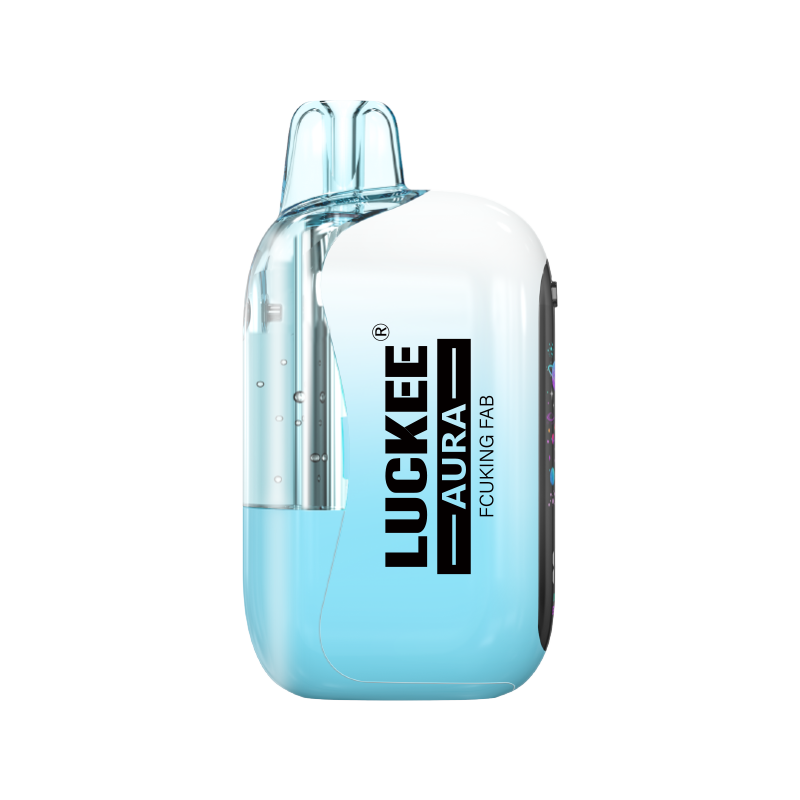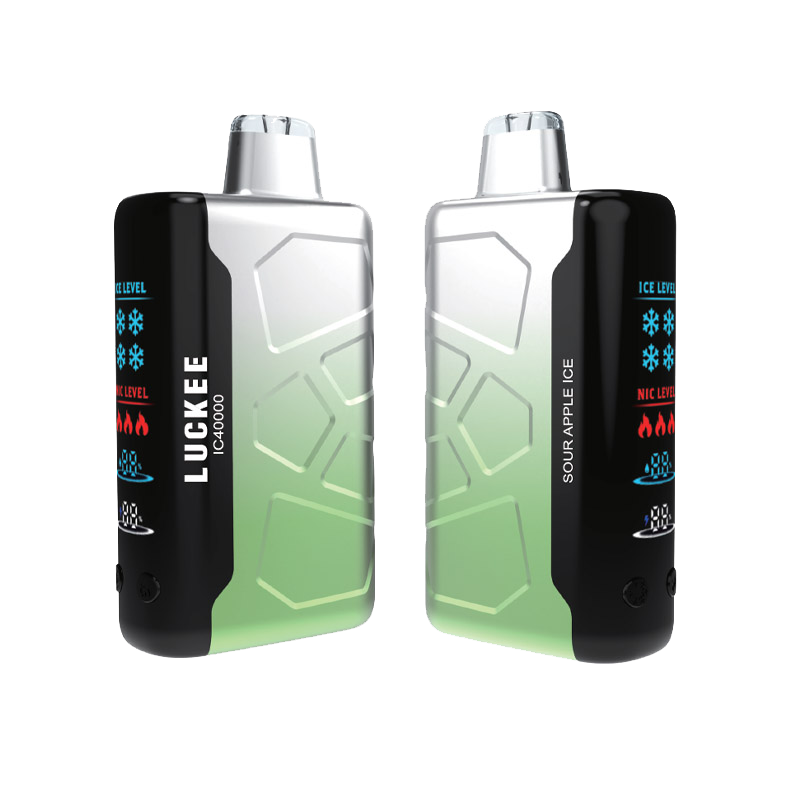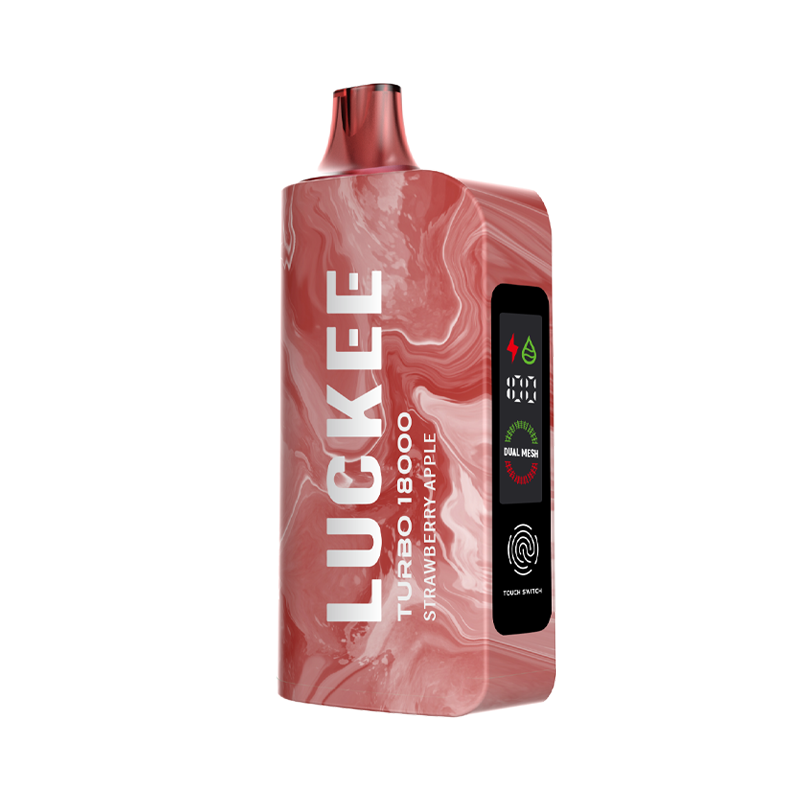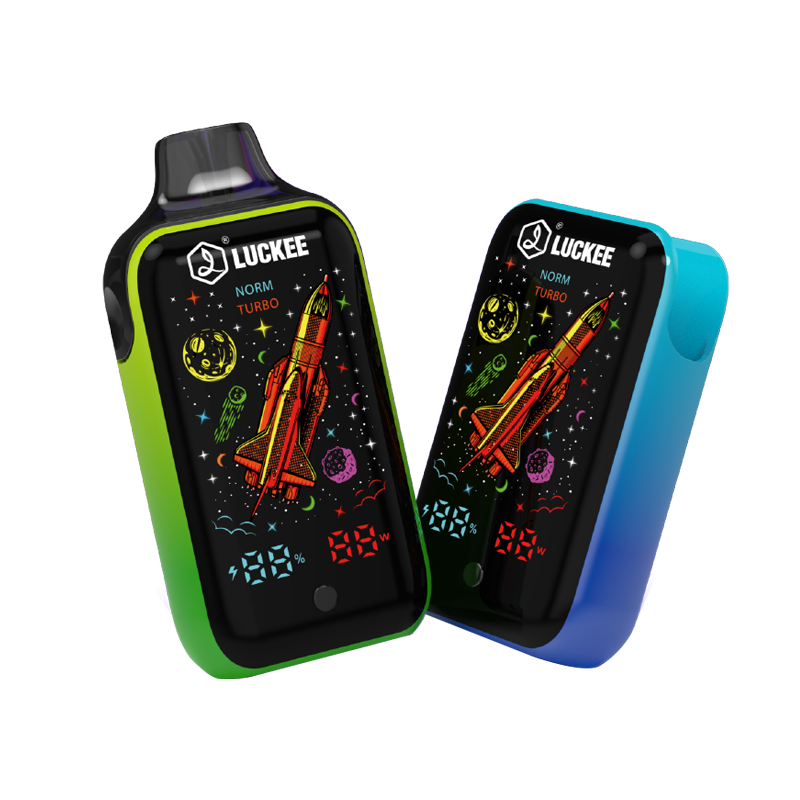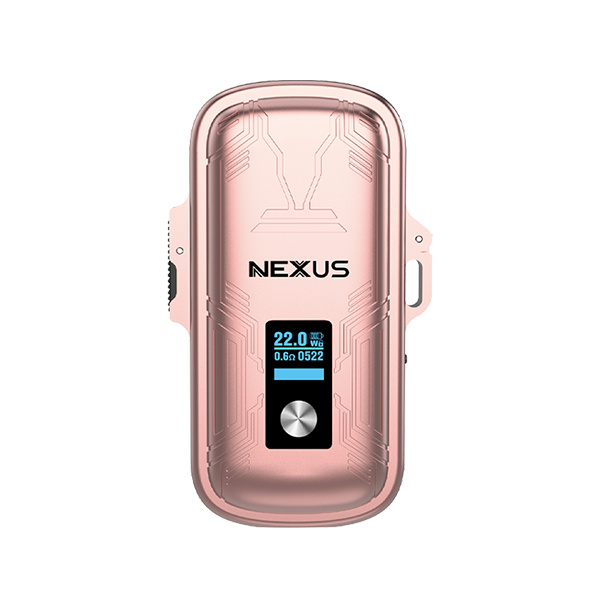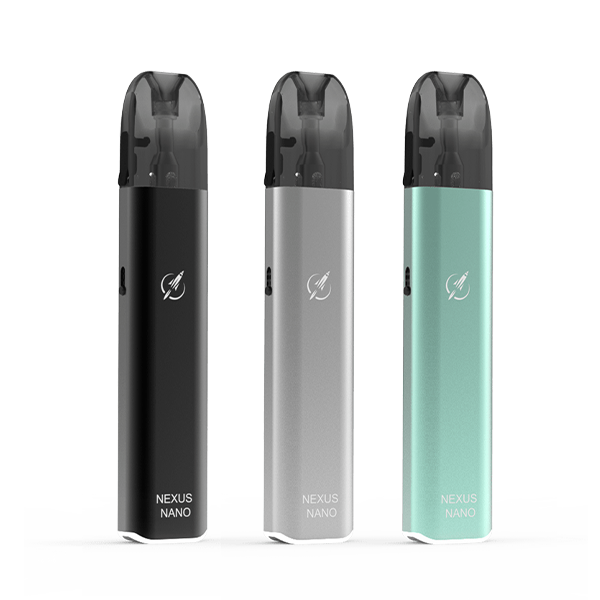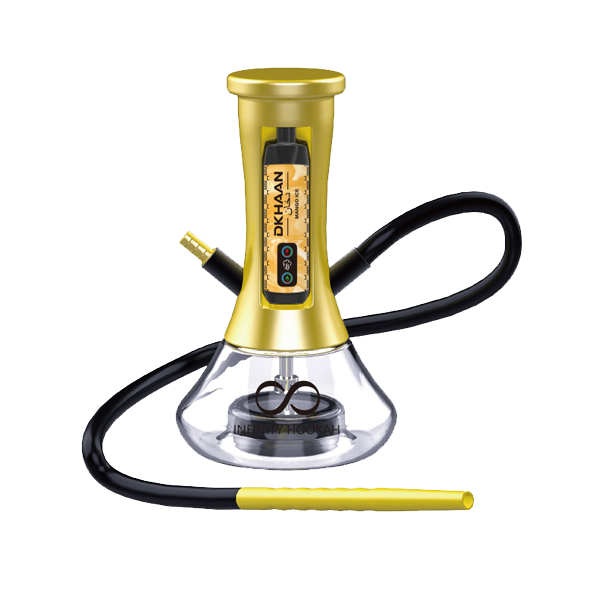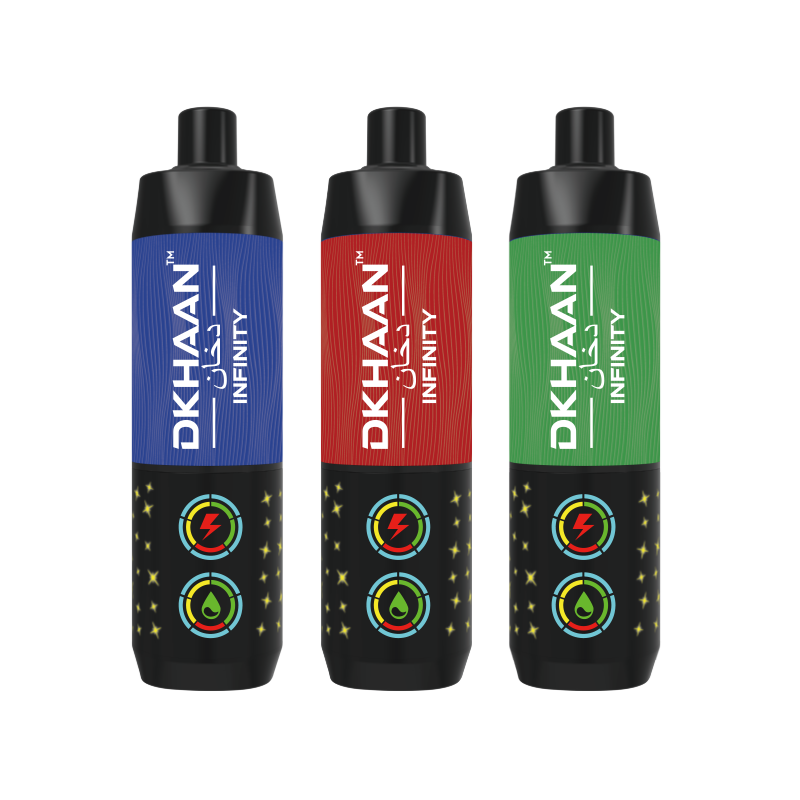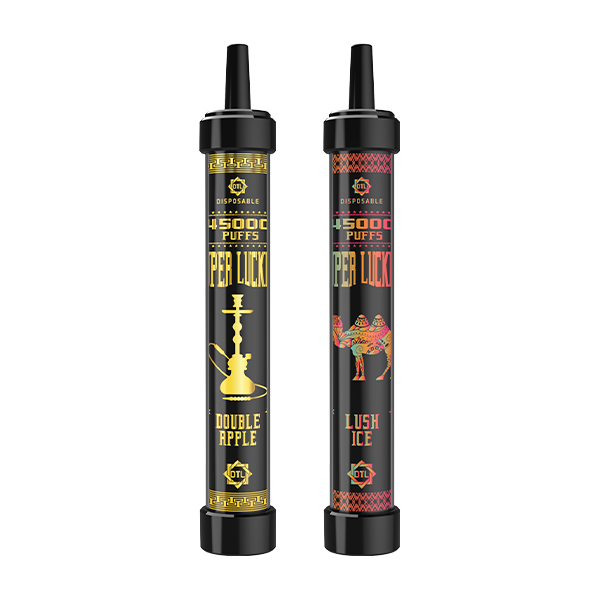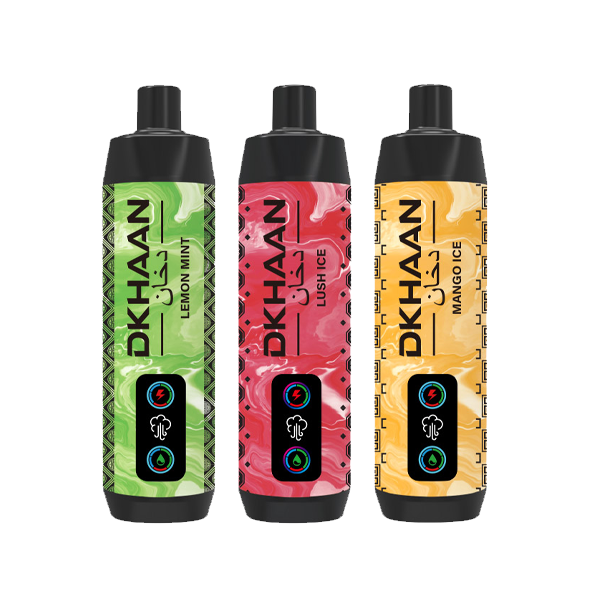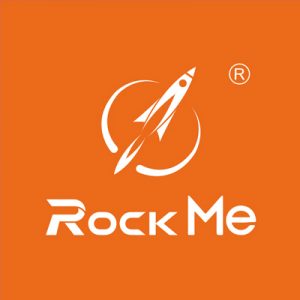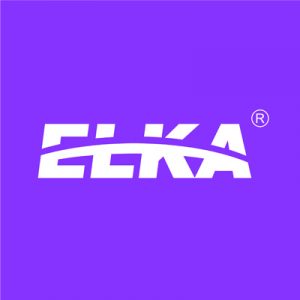Vape Vending Machines: A New Era of Automated Vape Retail
The Vape Vending Machine marks a modern shift in how vaping products are distributed. Through automation, touch-free payment options, and integrated age-verification technology, these machines make it possible for businesses to offer vape products around the clock with very low staffing requirements.
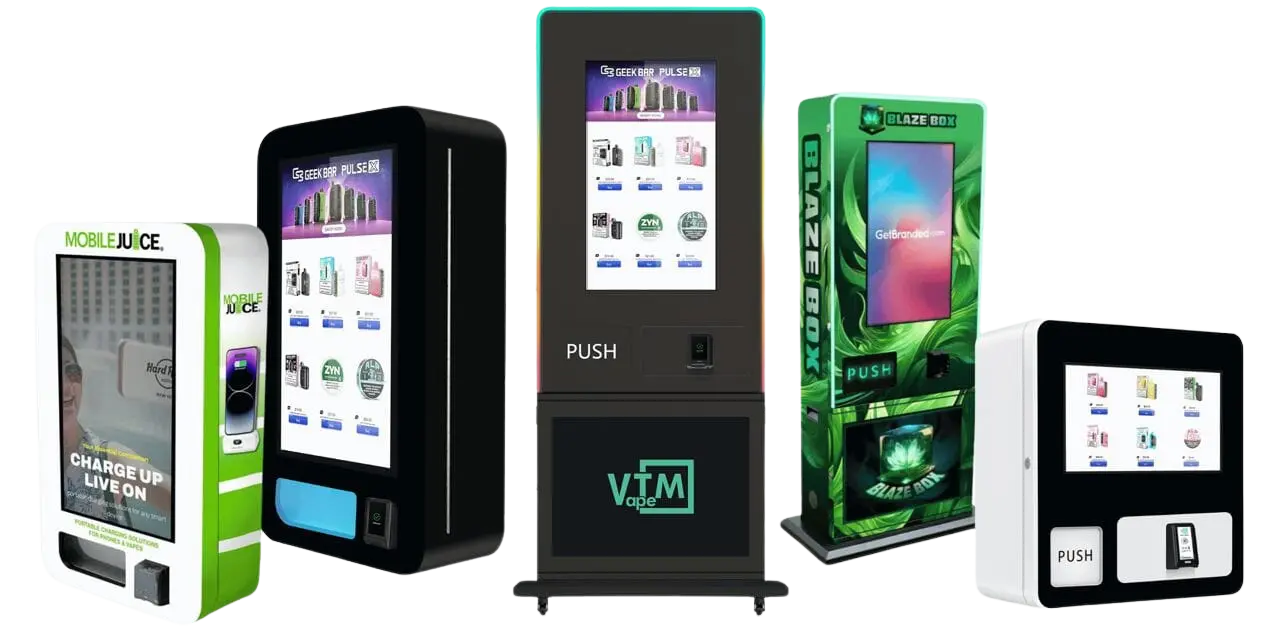
As global vaping demand continues to expand, the retail landscape is shifting accordingly. Recent market forecasts indicate the global vape sector will exceed $182 billion by 2030, with automated retail channels capturing a rising portion of sales. For investors and new entrepreneurs, gaining a solid understanding of costs, legal restrictions, and operational models is crucial before purchasing a vending machine.
Vape Vending Machine Locations
Finding a Vape Vending Machine Near You
Many customers look up “vape vending machine near me” when they want a fast, convenient option for buying vape products. However, due to strict regulation, these machines are allowed only in specific environments. Popular placement spots include:
-
Nightlife Venues: Bars, nightclubs, lounges, and casinos where access is restricted to adults.
-
Transit Centers: Airports, railway stations, and service hubs that experience heavy foot traffic.
-
Specialty Retailers: Vape shops and tobacco stores that use vending machines to extend their display and sales capacity.
Regional Availability and Market Patterns
-
United States: Only permitted in 21+ establishments. Several states have partial bans or extra compliance requirements.
-
United Kingdom & Europe: Commonly placed in pubs and licensed shops, often paired with ID-scanning systems.
-
Japan & South Korea: Highly regulated, requiring government-linked real-name authentication.
-
China: Early-stage pilot programs exist, but rules continue to change under the newer national e-cigarette regulations.
For machine operators, the decision is not simply about choosing a busy location—regulatory compliance, customer demographics, and visibility all influence long-term performance.

Buying a Vape Vending Machine
What to Know Before Purchasing
When searching for a Vape Vending Machine for sale, the technical specifications will significantly affect reliability and profitability:
-
Product Capacity & Modular Layout: Machines can store between 100 and 500+ units. Larger models reduce refill frequency.
-
Payment Options: Support for bank cards, contactless mobile wallets, and in some cases cryptocurrency is becoming standard.
-
Age Verification Systems: Advanced solutions include AI-driven facial recognition or official ID scanning compliance tools.
-
Remote Monitoring: Cloud-based management platforms allow operators to check stock, track sales, and oversee machine performance in real time.
Buying Used Machines: Pros and Cons
A used Vape Vending Machine can lower startup expenses, but buyers should consider potential drawbacks:
-
Outdated verification systems may fail to meet current laws.
-
Higher chances of mechanical issues and limited technical support.
-
Possible incompatibility with modern software or payment platforms.
For operators aiming for long-term growth, new machines with up-to-date compliance capabilities tend to offer better value.
Vape Vending Machine Cost
The Vape Vending Machine cost depends on size, brand, and level of technology.
Price Ranges
-
Entry-Level Units: $3,000–$5,000; basic features, manual age checks.
-
Mid-Tier Models: $6,000–$8,000; digital payment support and partial automated compliance.
-
Premium Smart Machines: $9,000–$12,000; sophisticated AI verification, analytics dashboards, and multilingual interfaces.
Additional Costs
-
Licensing & Permits: Usually $500–$2,000 yearly, depending on jurisdiction.
-
Maintenance: Typically $300–$600 annually.
-
Restocking & Supply Chain: Costs vary based on suppliers and product assortment.
ROI Expectations
Most operators reach return on investment within 6–12 months, though actual performance depends on:
-
Location Quality: A busy airport might generate double the revenue of a bar.
-
Product Variety: Selling a mix of disposables, pods, and accessories boosts average sales per purchase.
-
Compliance Expenses: Avoiding penalties is essential—fines and violations can outweigh profit quickly.
Vape Vending Machine Regulations
Legal Status
Laws governing vape vending machines vary by region and can be complex:
-
United States: Only allowed in adult-only facilities; FDA regulations apply to labeling, sales, and distribution. Some states impose strict bans.
-
European Union: Permitted provided operators follow TPD rules and age-verification requirements.
-
United Kingdom: Legal but strictly controlled. Businesses face serious consequences for violations.
-
Asia: Highly mixed. Japan and South Korea require real-name verification, while China integrates machines into its national compliance system.
Compliance Tips for Operators
-
Use officially approved ID verification systems.
-
Work with licensed distributors to guarantee product legality.
-
Conduct frequent audits on both machine software and hardware.
Failure to comply can lead to fines, revoked licenses, or even confiscation of the machines.
Pros and Cons of Vape Vending Machines
Advantages
-
Efficiency: Reduces labor expenses considerably.
-
Scalability: Operators can expand to multiple regions using centralized management tools.
-
Customer Convenience: Fast, discreet, and always available.
Disadvantages
-
Legal Uncertainty: Policies change frequently and vary widely.
-
High Initial Costs: Advanced machines require substantial investment.
-
Reputation Risks: Any perception of underage access can damage brand credibility.
Market Opportunities and Industry Direction
Vape Vending Machines align with the wider movement toward automated, technology-driven retail. Just as snack and beverage machines shaped previous decades, smart vape vending systems are meeting today’s demand for cashless, instant-access shopping.
Industry Growth Factors
-
Increased adoption of IoT- and AI-enabled vending technology.
-
Consumer preference for quick, discreet purchasing experiences.
-
A shift from traditional tobacco retail toward automated models.
Emerging Innovations
-
Blockchain Tracking: Enhances authenticity and combats counterfeits.
-
Mobile App Integration: Loyalty programs and remote purchasing features.
-
Global Expansion: Rapid gains in Europe and Latin America as vaping popularity grows.
Conclusion
The Vape Vending Machine offers a promising but heavily regulated business opportunity. It delivers convenience, scalability, and operational efficiency—yet success depends on smart investment decisions, rigorous compliance, and ongoing market awareness.
Entrepreneurs who embrace advanced vending technology and prioritize regulatory alignment will be best positioned to thrive. As demand for convenient vape access continues to rise, these machines will become essential components of the modern vaping landscape.

